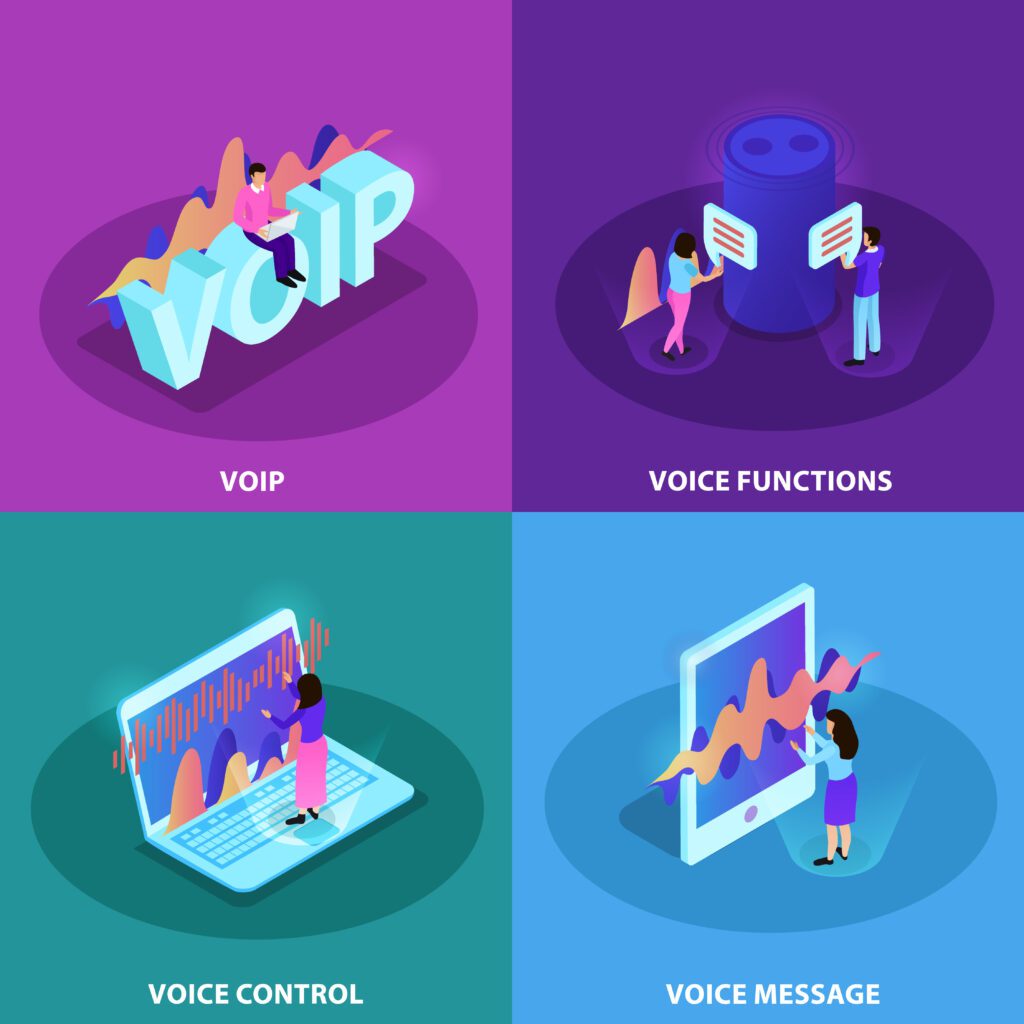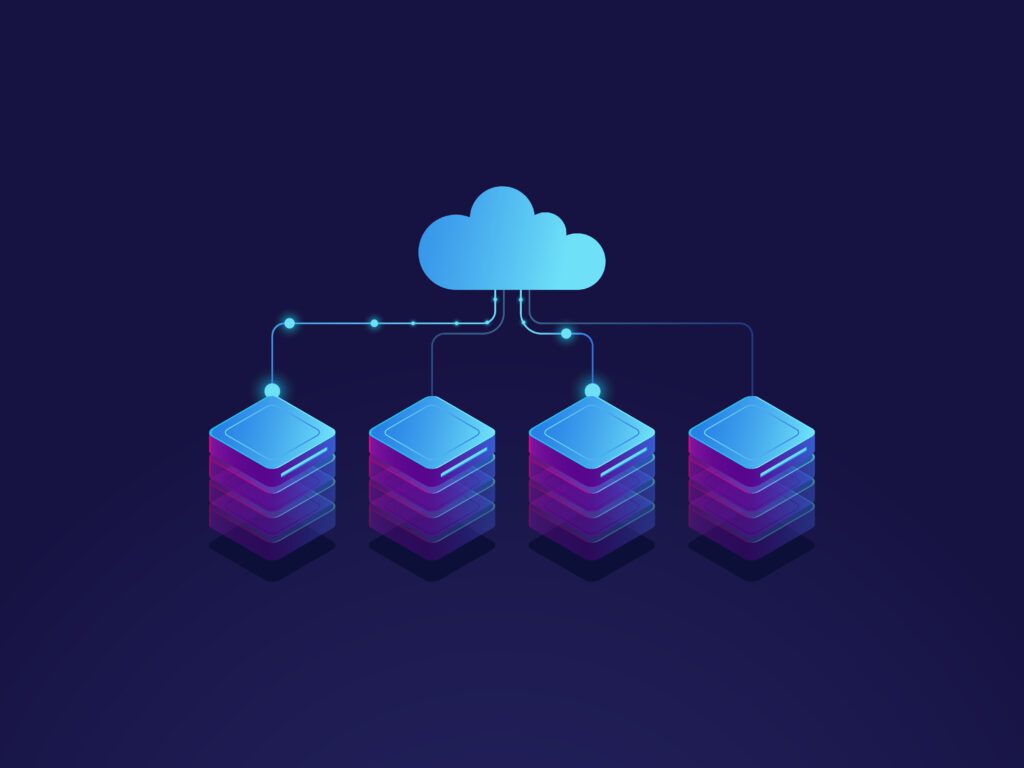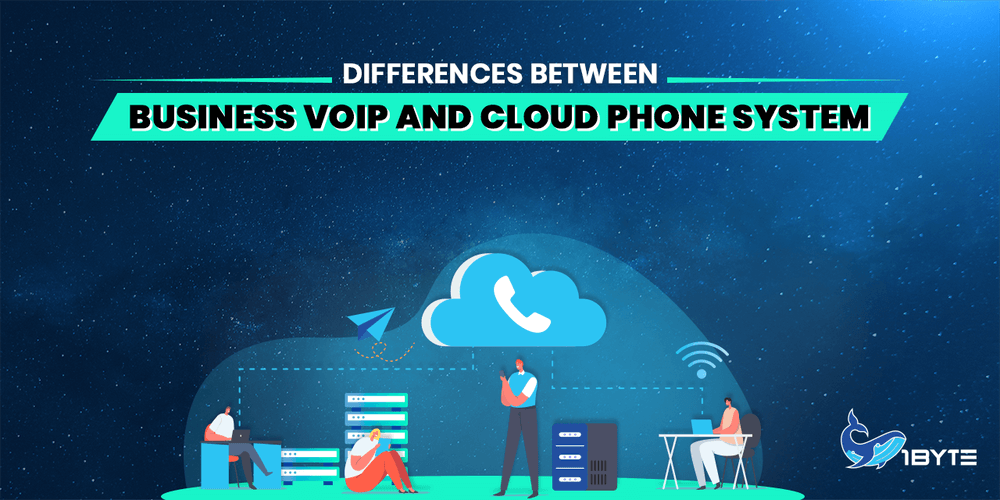The term “cloud-based phone services” has recently gone viral, but you may have also heard the term “business VoIP,” or “Voice over Internet Protocol,” in recent times. These words are frequently used in the same sentence. If you’re like many other individuals, you might be unsure of the precise distinction between a business VoIP and a cloud-based call center system. Let’s check these out now!
Business VoIP and Cloud Phone Systems: What Are They?
1. Business VoIP
A physical system known as a Private Branch Exchange (PBX) controls all call shifting and transporting between a telephone network and any business location. A switchboard operator, like things you may see in a movie in the early 20th century, was the equivalent of today’s PBX in the past: a real live person. To connect users with the people they were attempting to reach, operators would really have to switch between numerous distinct telephone lines; that’s why we have this term.
In an effort to totally replace analog PBX systems, which used Plain Old Telephone Service technology, cloud-based VoIP services were created (POTS). While PBX phone systems, both analog and digital, have been immensely popular throughout the 20th century.
FURTHER READING: |
1. Best Cloud Phone System and PBX Companies |
2. What Is a Cloud-Based VoIP Phone System? |

Since VoIP in the cloud is entirely operated by a local computer network and its internet connection, both of which are already there, there is no longer a requirement for this type of hardware and wiring. All of these features were once available only through PBX systems and were quite expensive to budget for but are now all available with Voice over Internet Protocol at substantially lower costs. Numerous common features, including multi-party conferencing, phone line waits, and auto attendants, are among these functions.
These capabilities and a number of others were adopted by VoIP, which then refined them and made them much more affordable and available to clients that needed those kinds of services. VoIP has the power to drastically save expenditures for equipment, phone costs, maintenance, and repairs, all while making requests for upgrades and assistance much easier. VoIP levels the playing field for small enterprises, enabling them to compete with big businesses and enjoy the same opportunities for development and success.
2. Cloud phone system
Speaking of “VoIP in the cloud” is another way of describing how a VoIP provider offers services that enable user engagement. In the sense that the cloud-based VoIP provider really maintains and owns all the hardware involved with the phone system, all cloud calling solutions are an extension of hosted services.
Instead of the actual gear that was once kept in a closet on your property, the cloud is simply a solution for you to see how your data is being saved. Voice Over Internet Protocol, a term that refers to the potential for devices with an internet connection to be converted into telephones, will be incorporated by cloud calling services into Unified Communications. Smartphones, tablets, computers, and web phones are a few examples of this.

Dialing extensions, managing voicemail, and holding video conference calls are all feasible thanks to Unified Communications’ communication features. With the help of functions like click-to-call capabilities, call statistics, and instant messaging, cloud platforms can serve as the foundation for communication with a collaborative team. Although some of the most powerful systems have already completely abandoned the desk phone paradigm, many modern cloud-calling solutions also contain a number of common PBX capabilities.
Business VoIP and Cloud phone system: Are they different?
Business VoIP and cloud-based call center systems generally provide the same functions. But if we were to be more specific, businesses access information and utilize VoIP server services over the cloud.
Cloud calling solutions also make every gadget with internet access a potential phone. It has all of a VoIP server’s features and more. These include voicemail management, instant messaging, video calls, and extension dialing. As a result, the cloud calling services provide you with a phone number that clients can use to contact you as well as collaboration tools that speed up your process.
Why Is Business VoIP Better Than the Cloud Phone System?
Cloud-based VoIP systems are a more affordable option
You simply have to pay for cloud calling services, setup fees, and monthly payments in addition to internet services. Due to the fact that both local and international calls use the internet, they are less expensive. And unlike with a conventional phone system, you won’t have to spend on hardware upkeep.
No matter the size of your company, the cloud provides consistent and reliable communication
You can be confident that the cloud maintains constant communication whether you’ve just launched a 10-person start-up or a 100-employee enterprise. You may connect with clients and staff members whenever you need to and anywhere you have internet access, thanks to a cloud-based call center system that is not restricted to a single place.
A cloud-based phone system enables your company to expand and reach new markets
The cloud allows you to scale your phone system in accordance with the size of your company. You could add phone lines and extensions without having to worry about copper wires and on-site equipment, which would be necessary if you used traditional phone lines. As a result, scaling is never an issue.
A cloud-based phone system provides more security
The most common phone security risks are fraud, phishing, and spoofing. Cloud-based phone systems use features like data encryption, network security, and voice and video security to monitor and identify these risks, which contribute to improving security for you and your business.
Leverage 1Byte’s strong cloud computing expertise to boost your business in a big way
1Byte provides complete domain registration services that include dedicated support staff, educated customer care, reasonable costs, as well as a domain price search tool.
Elevate your online security with 1Byte's SSL Service. Unparalleled protection, seamless integration, and peace of mind for your digital journey.
No matter the cloud server package you pick, you can rely on 1Byte for dependability, privacy, security, and a stress-free experience that is essential for successful businesses.
Choosing us as your shared hosting provider allows you to get excellent value for your money while enjoying the same level of quality and functionality as more expensive options.
Through highly flexible programs, 1Byte's cutting-edge cloud hosting gives great solutions to small and medium-sized businesses faster, more securely, and at reduced costs.
Stay ahead of the competition with 1Byte's innovative WordPress hosting services. Our feature-rich plans and unmatched reliability ensure your website stands out and delivers an unforgettable user experience.
As an official AWS Partner, one of our primary responsibilities is to assist businesses in modernizing their operations and make the most of their journeys to the cloud with AWS.
Conclusion
Cloud phone systems and cloud-based VoIP (or VoIP in the cloud) systems primarily deliver you the same phone system capabilities, and you might think of them as two different things. Despite this, it is still important to carefully examine each of these phrases in order to understand what it means and to emphasize any minute variances.

